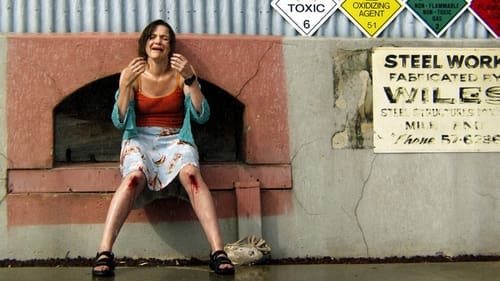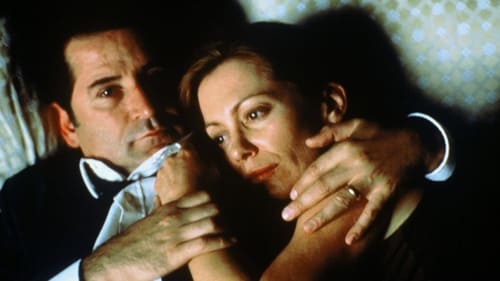
Himself
Stephen Cummings is one of Australia's most revered rock 'n' roll icons. Rising to fame as frontman of ‘70s legends The Sports, he has spent more than 30 years at the forefront of the local music scene, forging a reputation both as one of Australian rock's greatest lyrical storytellers and also one of its most incendiary critics. Based on his scathing tell-all memoir Will It Be Funny Tomorrow, Billy?, Don't Throw Stones tells Cummings' story in his own words – as well as the words of those he has so gleefully skewered. Featuring interviews with Michael Gudinski, Steve Kilbey, Joe Camilleri and many more, Don't Throw Stones is a revealing portrait of three decades of rock-world gossip, larger-than-life personalities and good, old-fashioned artistic beef.

Scoring Mixer
During one unusually hot weekend, four friends struggle after hearing some life-changing news.

Original Music Composer
Измученная горем после убийства дочери, Валери Сомерс подозревает, что муж Джон изменяет ей. Когда Валери исчезает, следователь Леон Зат пытается раскрыть тайну ее исчезновения. Обнаруживается запутанная сеть любви, секса и обмана – которая собирает вместе четыре связанные родством пары, партнеры в которых полны подозрения и недоверия по поводу участия остальных в этом деле. С бесчисленными запутанными романами, "Лантана" искусно представляет атмосферу сомнений и обманов, и показывает их пагубное влияние на людей и их отношения.

Original Music Composer
Is an Australian drama film directed by Alkinos Tsilimidos and released in 1994. Based on a play of the same name, written by Ray Mooney, the film details the early life of contract killer Christopher Dale Flannery and is set inside Melbourne's HM Prison Pentridge's maximum security H Division.[1] Filming was undertaken at HM Prison Geelong. Dale, a remandee, is awaiting a court hearing and yet to be sentenced, highlighting the horrific injustice of the repeated beatings he's subjected to. Gradually Dale becomes indifferent to the bashings and horrors of prison life and develops an alternative, subversive way to exist and express his rage. As Dale walks defiantly from the prison in the last scene to be tried, the failure of the correctional system to produce docile, disciplined bodies pulls its last punch. Even if the system has enframed Dale he has maintained his sanity and his voice.



